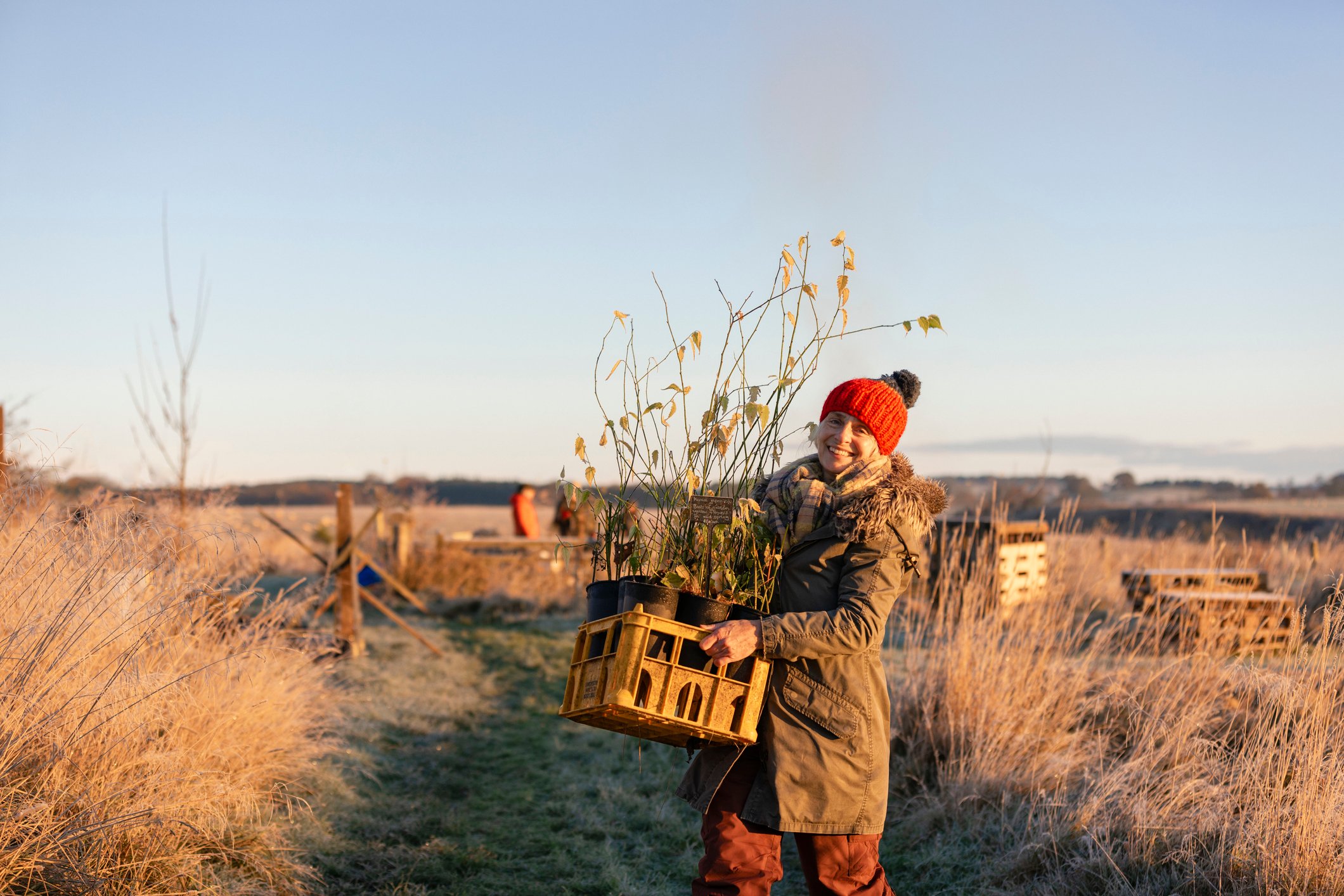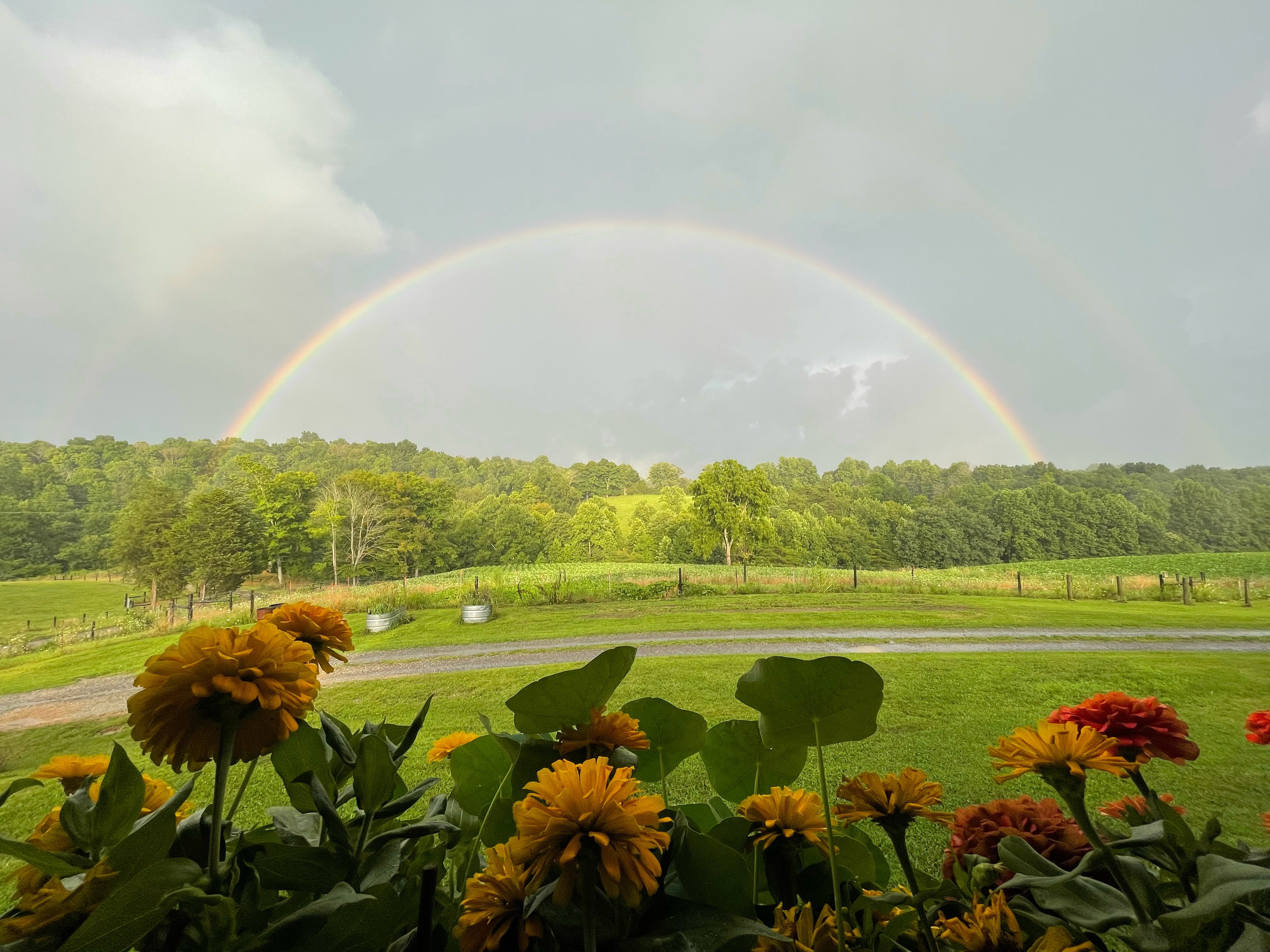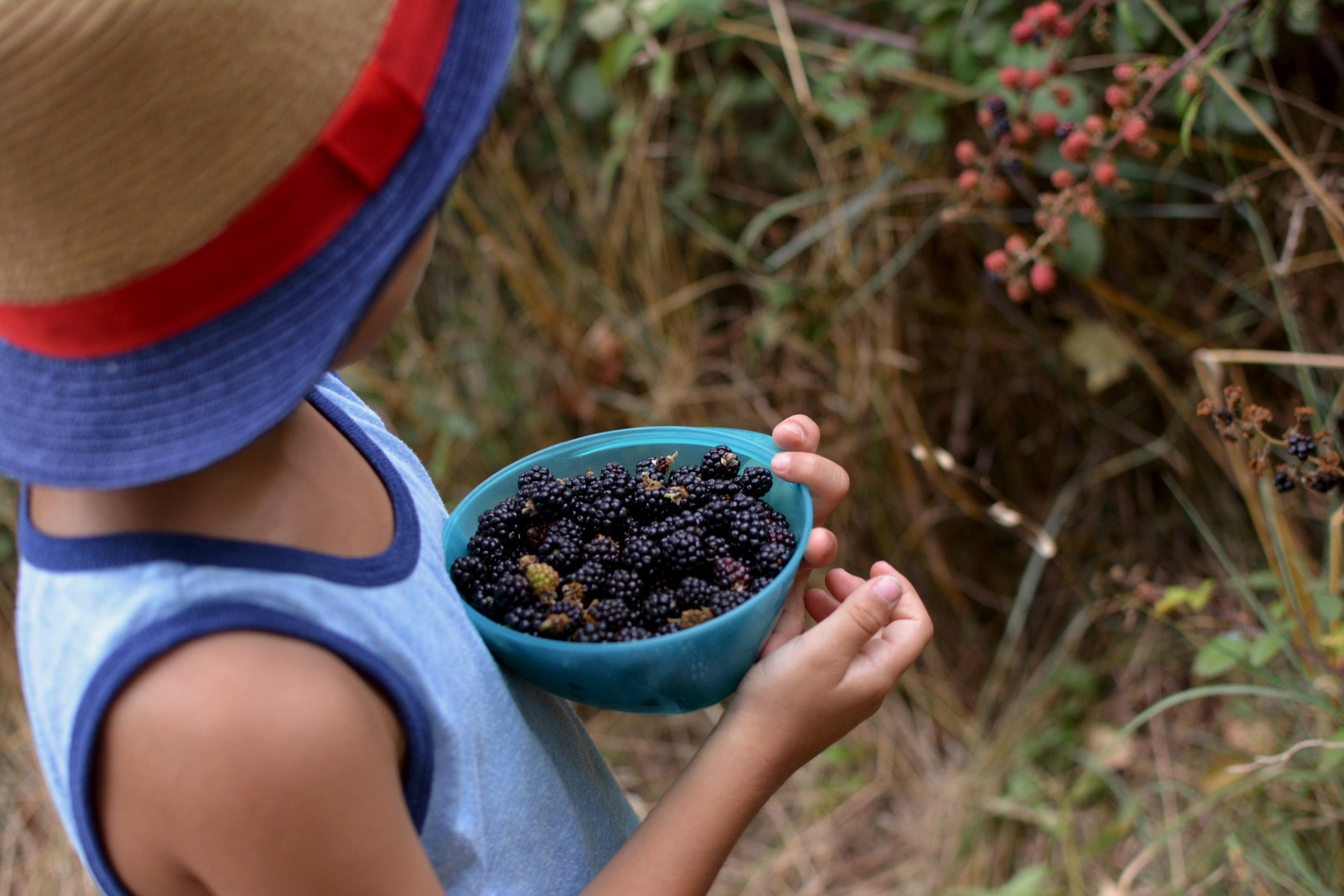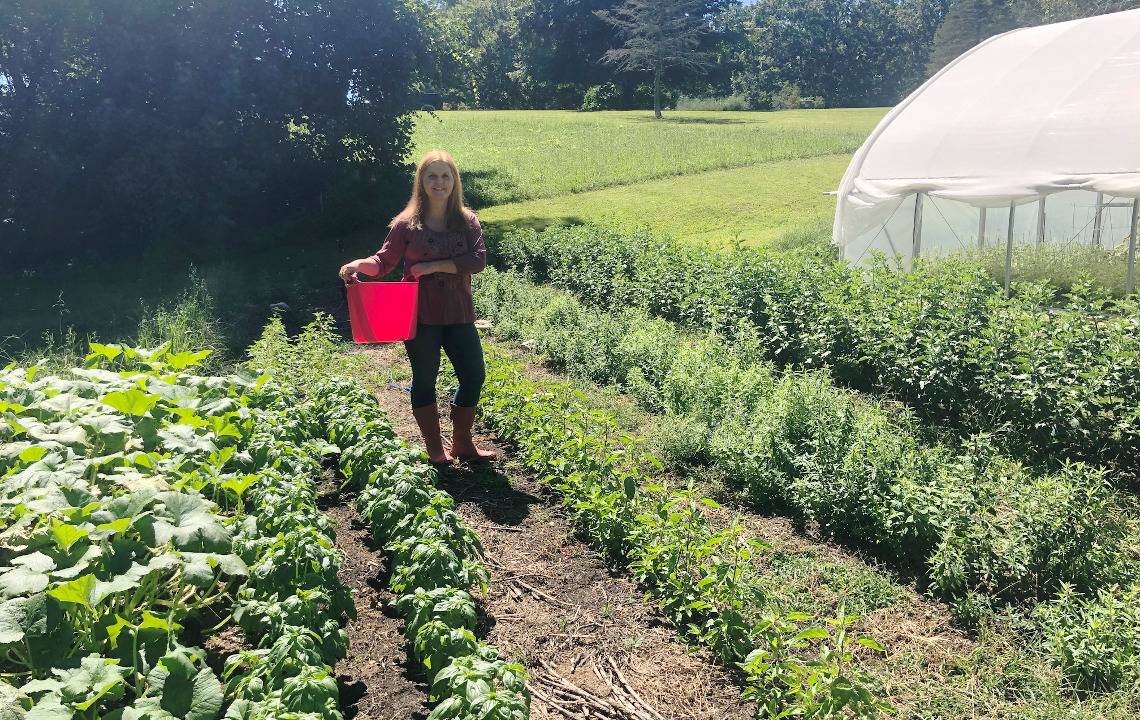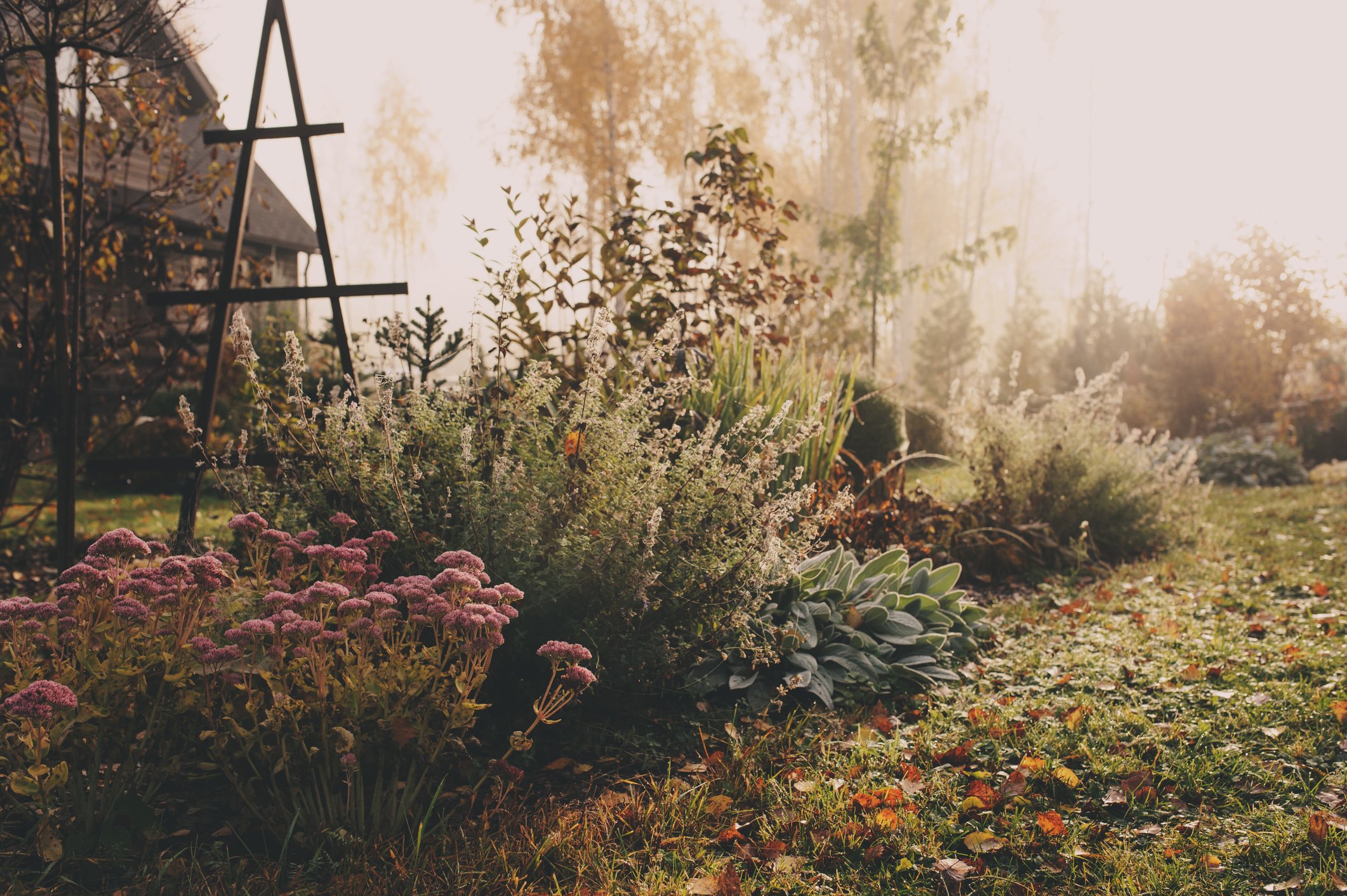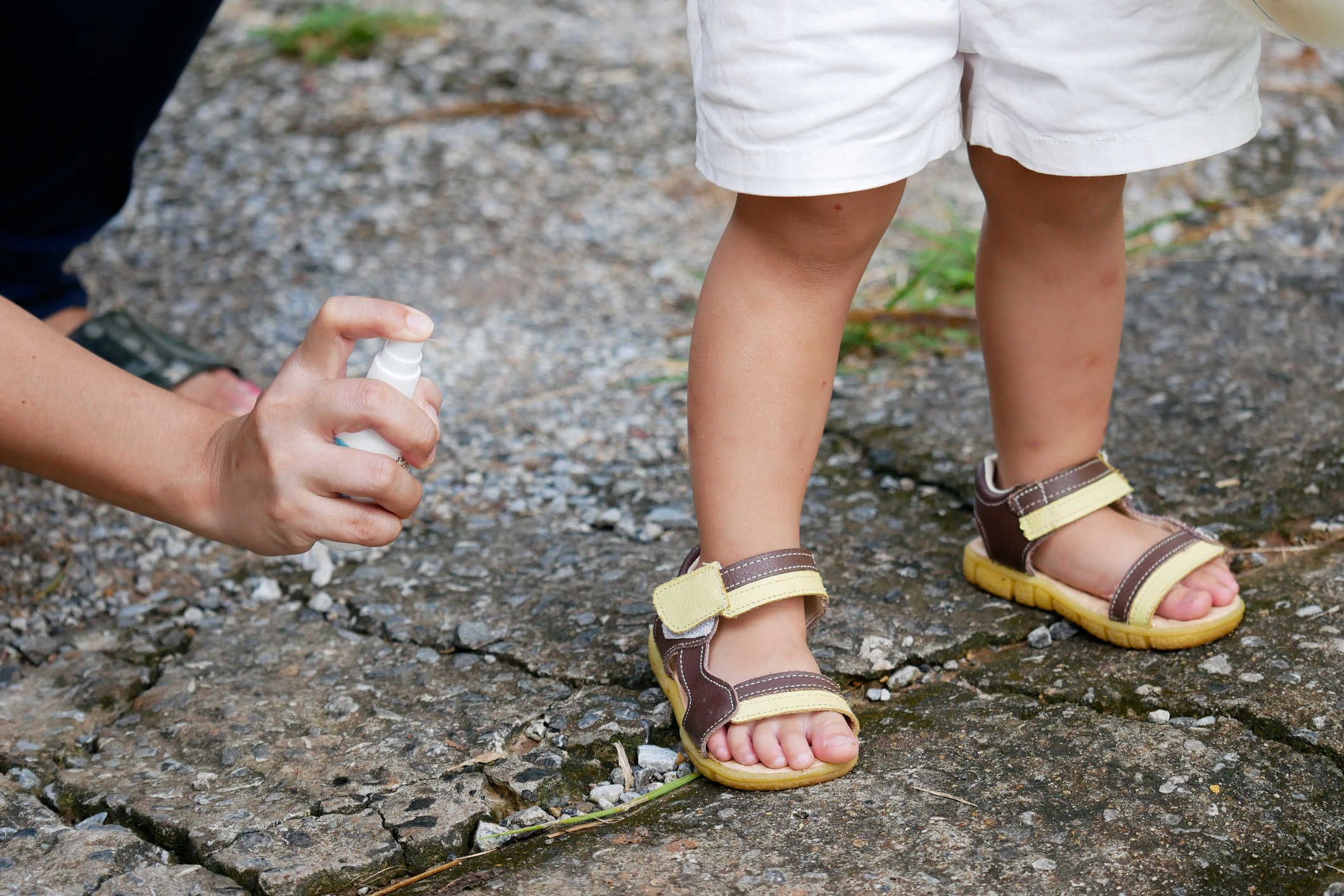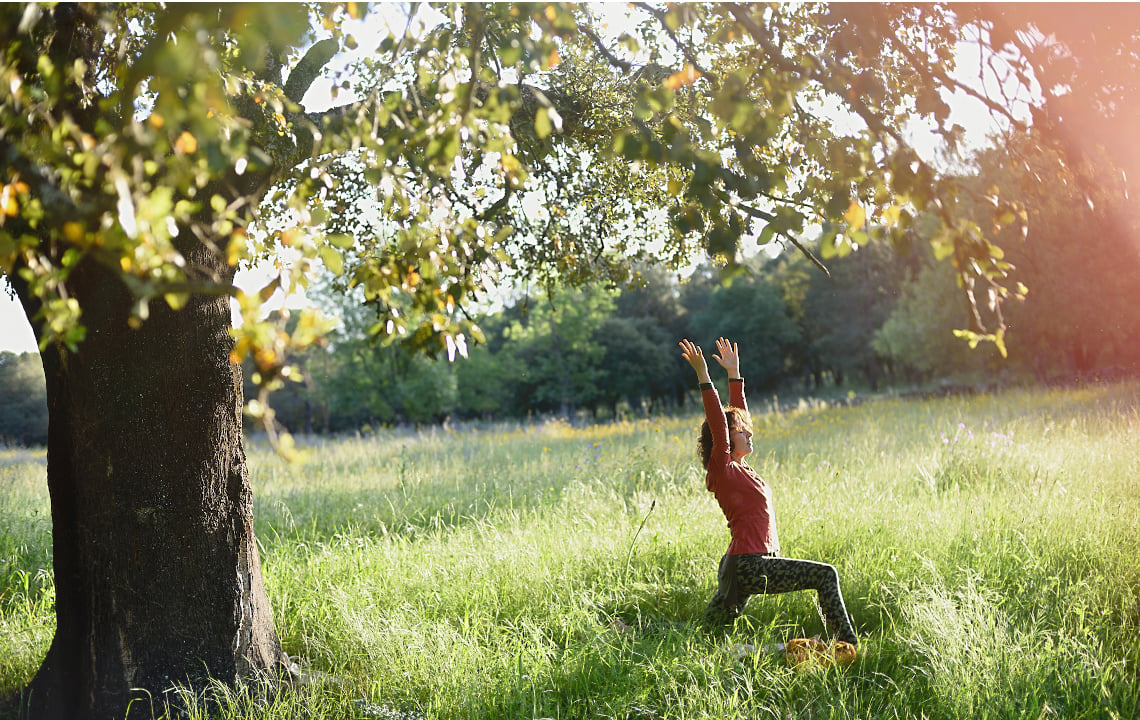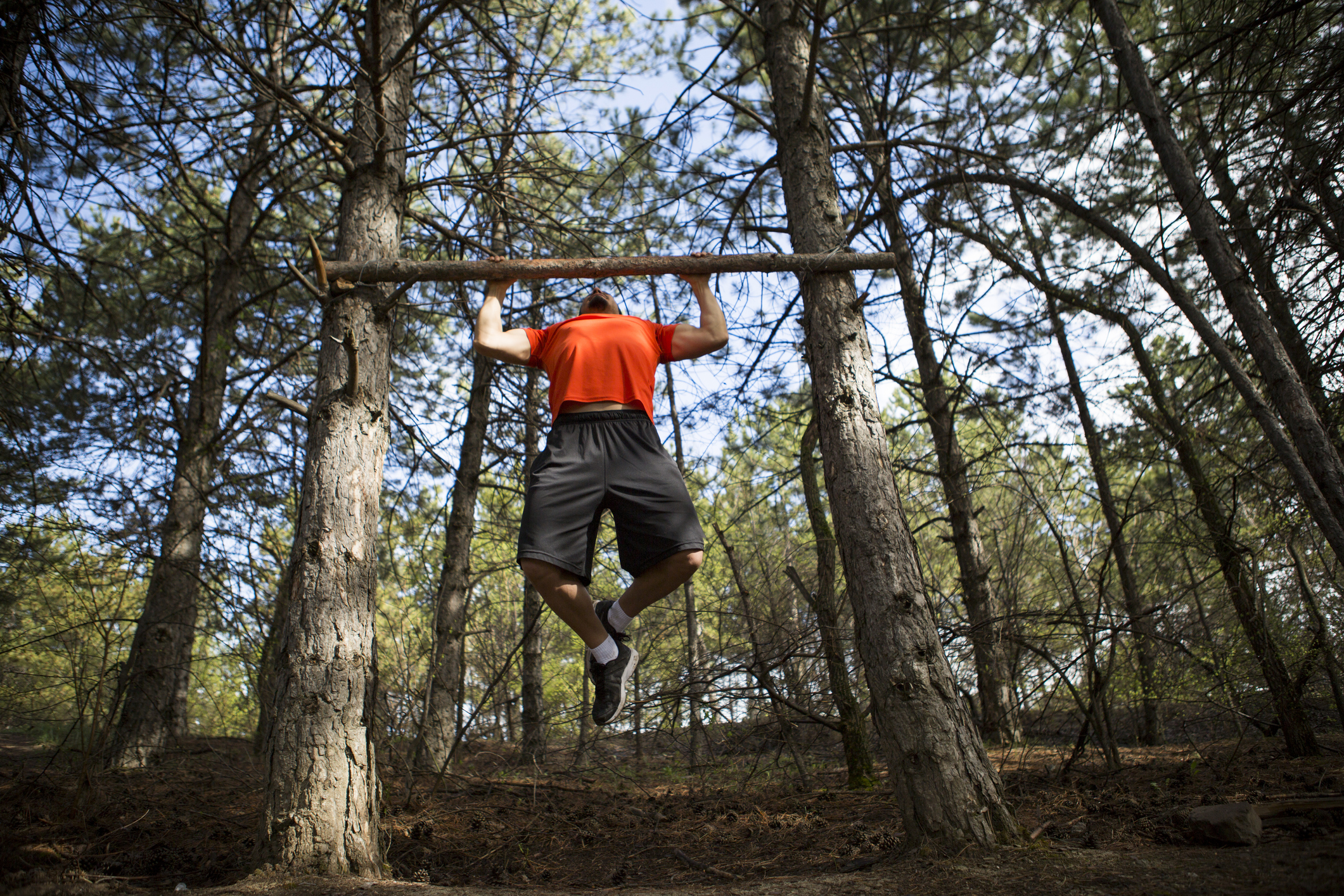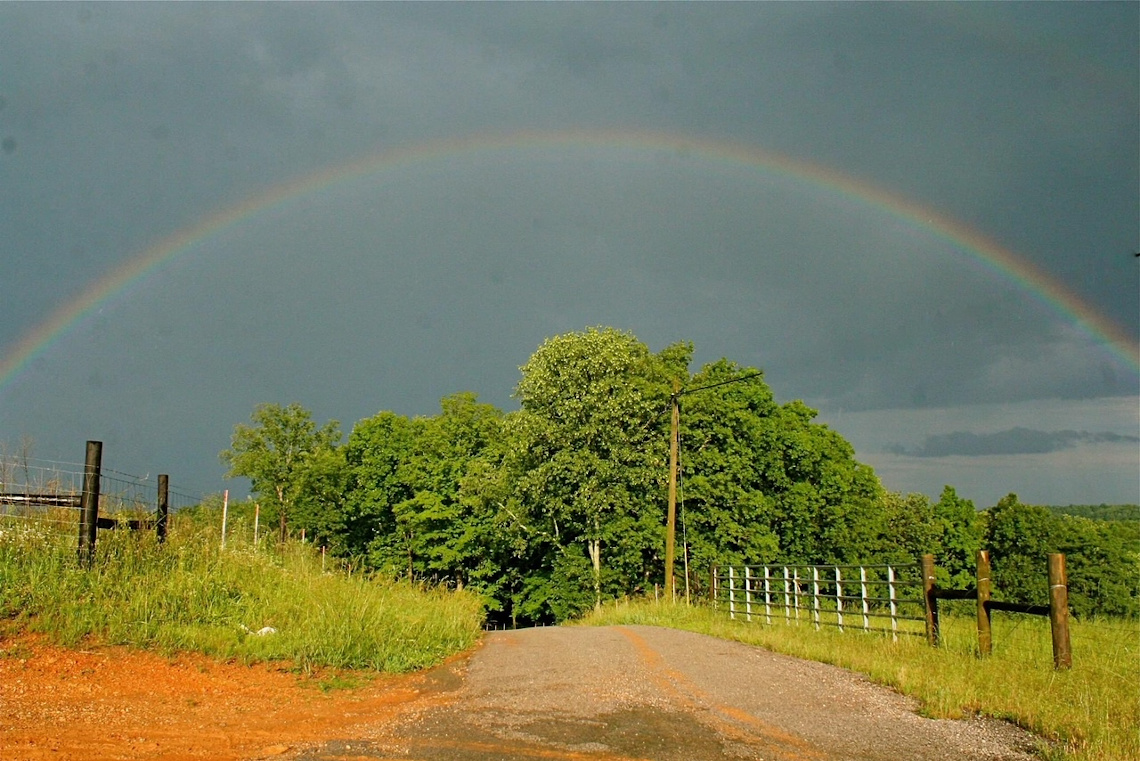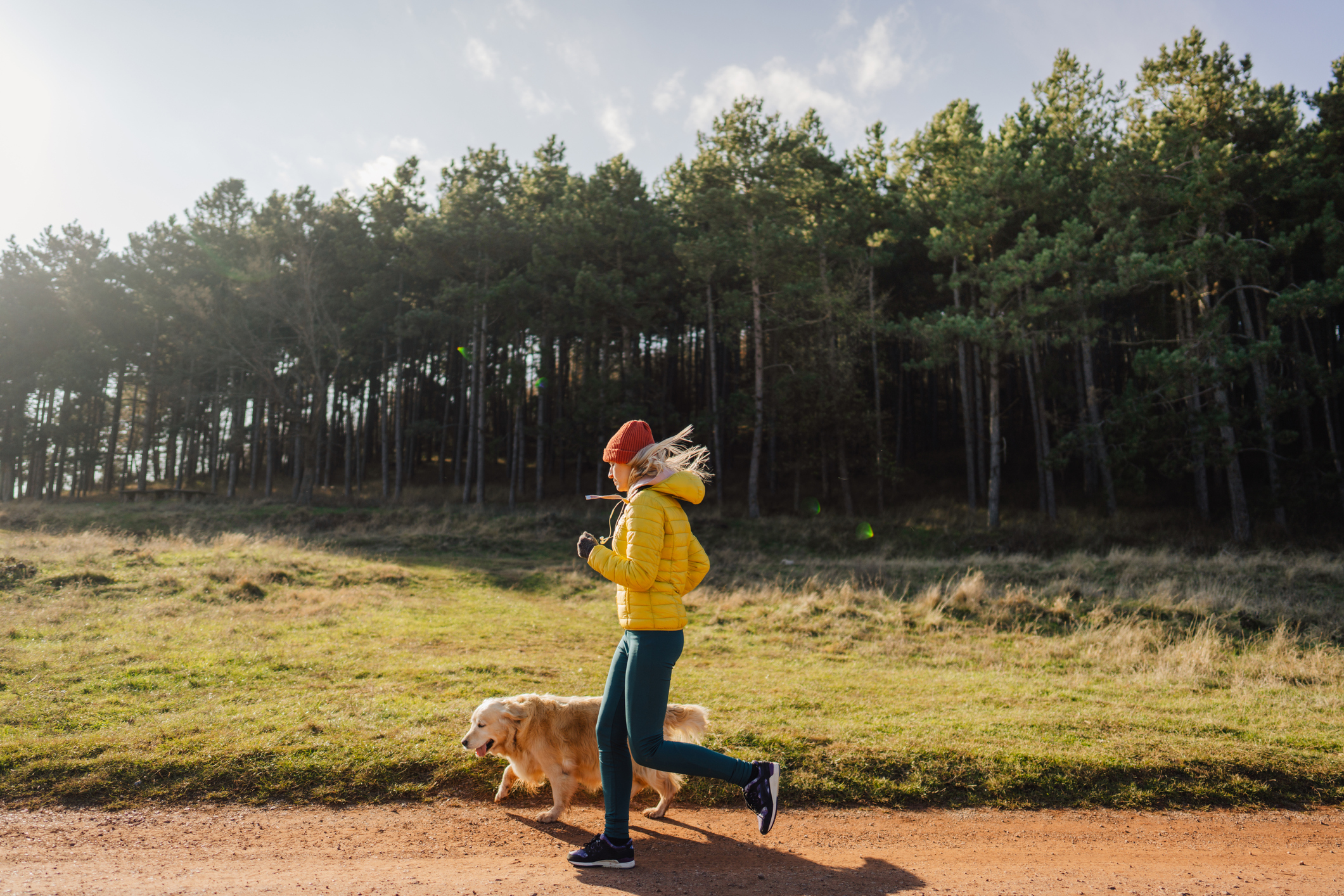We look at 5 scientifically-proven ways trees help prevent health problems and even reverse chronic diseases in adults and children.
How to get healthy and stay healthy are BIG topics in America.
Chronic disease is rampant, stress levels are through the roof, and even our children face unprecedented chronic illnesses that dwarf anything we parents and grandparents ever experienced.
 But with this downward health trend comes more research, information and hope on how retreating to the natural world can help prevent disease and support healing.
But with this downward health trend comes more research, information and hope on how retreating to the natural world can help prevent disease and support healing.
We have spent much time reporting on various aspects of the nature-health phenomenon, but today we turn our focus to one specific natural remedy.
It’s abundant, it’s free and it’s accessible to anyone.
In a word, it’s: trees.
As it turns out, the symbiotic relationship between human health and access to trees is more complex, intricate and extraordinary than we originally thought.
In today’s post, we will look at 5 scientifically-proven ways trees—and all their intricate chemical components—help prevent and even reverse chronic diseases in adults and children.
Get ready, by the end of this post you may just want to run out and hug every tree in the forest.
#1. Health benefit of living near trees: less cardio-metabolic conditions and an increased feeling of youth
The term “cardio-metabolic conditions” includes most of the chronic diseases we face. Obesity and heart disease most notably.
This 2015 urban tree study took place in Toronto, Canada and proved that residents living on streets with denser populations of trees had a significantly lower risk of heart disease, hypertension, blood glucose issues, obesity, high cholesterol, stroke, myocardiac infarction and diabetes.
The study also stated the presence of at least 10 trees on a street can:
“Improve health perception in ways comparable to an increase in annual personal income of $10,000 and moving to a neighborhood with $10,000 higher median income or being 7 years younger.”
Imagine how many years younger you could feel living near a whole forest! Food for thought.

#2. Health benefit of living near trees: a boost in your natural killer cells and anticancer proteins
Trees, and other plants, all contain substances called Aromatic Volatile Substances or phytoncides.
In laymen’s terms, phytoncides are the tree’s essential oils, which create that delicious forest aroma and support the trees’ natural defenses.
Now here’s the interesting part: once phytoncides were identified, scientists started experimenting and found out these essential oils have powerful immune supportive benefits to humans too.
This Japanese study followed a group of adults on a 2 night, 3 day “Forest Bathing” (camping) trip to see how time spent around trees affected their immunity. The results: their natural human natural killer cell activity was notably enhanced for 7 days following the excursion.
Scientists believe this was due to the combination of the immune-enhancing phytoncides and the stress relieving effects of time spent in nature.
This follow-up study proved that NK cells and anticancer proteins also increased for 7 days after a shorter day trip to the woods.
Take away: the more time spent in wooded areas the healthier your immune system.
#3. Health Benefit of Living near trees: less depression and anxiety
Depression and anxiety account for the majority of mental illness in the United States.
According to the National Institute of Mental Health, major depression is one of the most prevalent mental disorders among adults and adolescents and anxiety disorders are our nation’s most common mental disorder, affecting 18% of the adult population.
Add in the record number of children taking antidepressants, attention deficit drugs and sedatives, it’s hard to deny that we have a big problem here.
Though it would be impossible to pinpoint one cause, scientists and psychologists have begun turning to trees and “greenspaces” as a natural therapy for depression and anxiety.
This London, UK study found the presence of trees reduced the amount of prescriptions written for antidepressants, suggesting trees in urban areas produced a positive mental outcome.
Along the same lines, this University of Wisconsin study proved that residents living in areas with more greenery experienced less anxiety, depression and stress.
 As lead author and professor, Dr. Kristen Malecki puts it: “If you want to feel better, go outside.”
As lead author and professor, Dr. Kristen Malecki puts it: “If you want to feel better, go outside.”
#4. Health Benefit of Living near trees: smarter, calmer, more focused children
Ask any parent who’s been stuck inside with kids on a rainy day and they’ll tell you, kids absolutely need the outdoors.
The freedom for them to run wild, away from the dangers of traffic, pollution and crime, is another big draw to rural life.
And as it turns out, trees play a key part in promoting that calm focus and mental well-being we all wish for our children.
This Spanish Study from the Centre for Research in Environmental Epidemiology studied 2,593 children over the course of 12 months and found that regular exposure to greenspace benefitted their cognitive development by enhancing working memory (the ability to retain and sort information short-term) while reducing inattentiveness.
Time spent in greenspace and nature is also becoming a popular natural therapy for children with attention deficit disorders, as explained by this University of Illinois study.
This growing body of evidence, coupled with school recess cut-backs and the dramatic decline in children’s mental health is pushing parents to consider new options such as nature-based private education and homeschooling.
The bottom line: regardless of their age, abilities, or conditions, every child will receive immense physical, mental and emotional benefits from more time spent near trees.
#5. Health Benefit of Living near trees: you’ll feel safer and more secure
A lot of people prefer country life to city life because it makes them feel safer.
Though not all the data supports the country-life-feels-safer theory, the University of Pennsylvania discovered that feeling of safety could have a lot to do with trees.
In this randomized controlled study, researchers found that when vacant city lots were “greened,” residents felt safer and experienced a biological reduction in stress which thus improved their health.
The greening of empty lots also prompted an increase in exercise among residents, and helped reduce gun violence and vandalism.
Though this was a city-based study, it does explain why so many of us feel safer and more secure surrounded by nature rather than buildings.
Perhaps it’s time to revisit that data on the perceived safety benefits of country life…
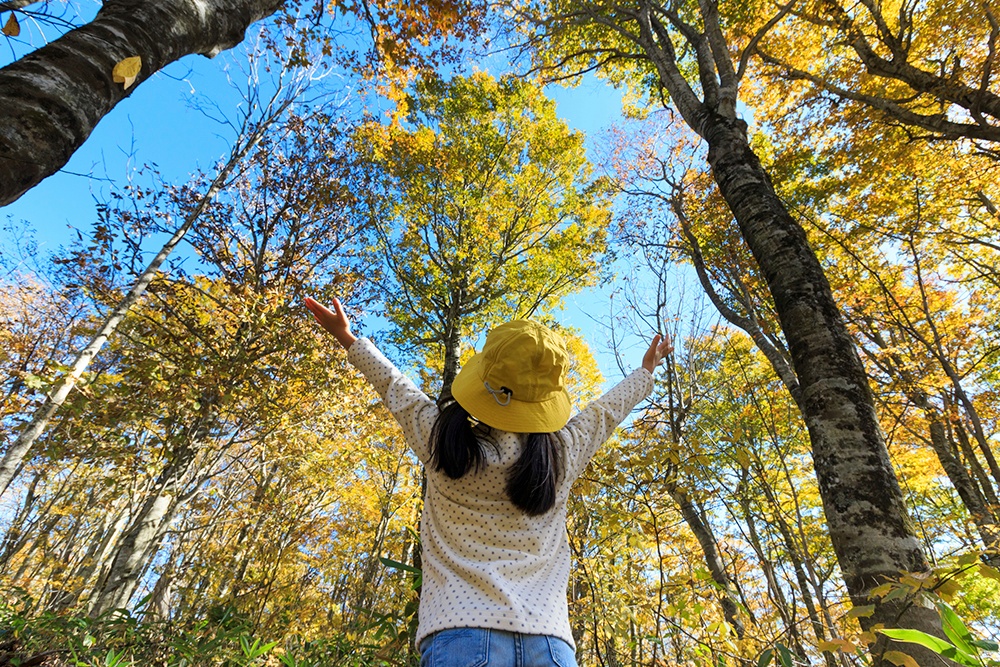
Nature’s best-kept natural remedy
From preventing heart disease and obesity, to increasing our sense of safety, happiness and focus, it is clear that the more time you can spend in the company of trees the better your health will be.
The majority of these studies focused on the health benefits of increasing tree density in urban areas…just imagine how those same benefits could magnify when you live in close proximately to these gentle green giants.
Add to this the proven mental and cognitive health benefits to children, and it’s easy to see why living close to nature often equates to a happier, healthier and more inspired way of life.
To repeat the wise words of researcher and professor Dr. Malecki: “If you want to feel better, go outside.”





